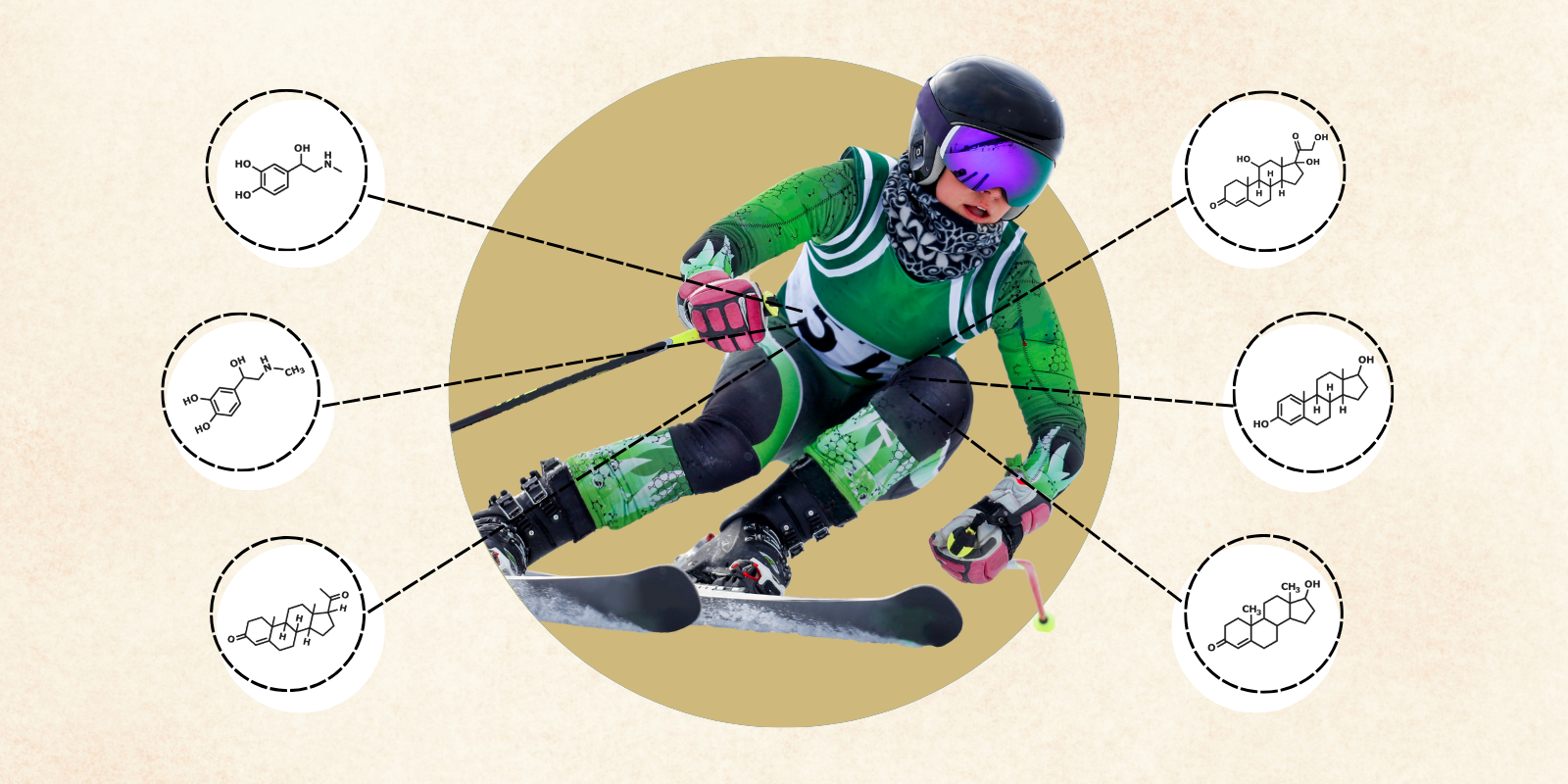What made you want to become a nurse practitioner, and what led you to joining the advanced heart failure and transplant team?
I always really liked taking care of people. When I was younger, I was deciding between becoming a nurse or a teacher. Then, my dad had a heart attack when I was 18 years old, and I spent time in the hospital with him. Being in the hospital made me realize I wanted to be a nurse, and because he had a heart attack, I became interested in cardiology.
I went through schooling and knew right away that I wanted to be a nurse practitioner. While I was in my master’s program, I worked as a bedside nurse for two years, and then I applied for a job. The division head at the time, Peter Buttrick, MD, took a chance on me as a recently graduated nurse practitioner.
I began working on the advanced heart failure and transplant team, where I help care for some of the sickest patients in the hospital. This was my first nurse practitioner job, and I’ve never looked for another job. Although I serve in other roles now, I still work two days a week on the inpatient service.
You mentioned you care for some of the sickest patients in the hospital. Can you describe the patient population you’re typically caring for?
The patients we help are usually advanced heart failure patients. They are sometimes on mechanical circulatory support, which is temporary support for their cardiac function. I also take care of heart transplant patients and patients with a left ventricular assist device, which is where patients with heart failure get a pump in their chest to help keep them alive.
Each day is different, which gives me a lot of variety and understanding of complex clinical care. I work with an amazing team of APPs, but we also work with residents and fellows, which I think is unique. I really like that integration and that we all work alongside each other.
You are the section head for APPs in the cardiology division. What does that role entail?
It’s a relatively newer position, and I credit our division for being proactive in getting APPs to have a voice and a seat at the table. In my role, I help manage the approximately 30 APPs we have. We have a really great team, including lead APPs who have helped to create a positive culture in our division.
We focus a lot on retention efforts, and I’m happy to say we’ve retained a lot of our APPs. Another big part of the role is advocating for APPs, whether it be through hiring, onboarding, or addressing the financial needs of these professionals.
In 2020, you received your PhD from CU. What inspired you to pursue your PhD?
I knew I wanted to pursue my doctorate degree, so I got my clinical doctorate, a DNP, in 2012. My doctorate focused on evidence-based practices and quality and safety. I loved the experience and realized how much I enjoyed research, so I ultimately decided to get my PhD, which is a more research-focused degree.
Since then, I have had the opportunity to be a co-investigator on several large, multimillion-dollar grants, as well as a principal investigator of several other large grants. My involvement in research has resulted in many national and international collaborations which are reflected in authoring over 100 peer-reviewed publications and serving on the board of directors for a national professional society.
My research is focused on decision making, patient activation, and caregiver support, especially in the left ventricular assist device population. I want to improve how we help patients and families make decisions when it comes to complex medical care, as well as find ways to better support caregivers.
What I loved about research, and what motivated me to get a DNP and PhD, is that it provides me with a bigger picture and opportunity to create change.
You mentioned your passion for research. What have been some of the research projects you’ve contributed to?
I am currently a Sojourn Scholar through the Cambia Health Foundation, which is a $180,000, two-year grant that I am funded through. My research project is the development and testing of an early palliative care intervention for family caregivers of patients with a left ventricular assist device. I credit my mentors, Larry Allen, MD, and Dan Matlock, MD, who have given me a wide variety of opportunities and continue to support me in my career. I also work with an amazing research professional, Jocelyn Thompson, and without her, we would not be nearly as productive.
I am an ACCORDS faculty member and am involved in the Colorado Program for Patient-Centered Decision Making Core as a principal investigator. One project I’m really proud of is a patient decision aid we created for people who are considering getting a left ventricular assist device.
The idea came roughly 10 years ago, when we had a patient who was really questioning his decision to get this device. We felt we could better educate patients and families about what to expect. We did a bunch of research and developed this decision aid, and now, it is used at more than 80% of all left ventricular assist device programs across the U.S.
I love being able to focus on the bigger picture, and working as a nurse practitioner grounds me in a lot of the research I do. APPs do a lot of clinical care, and we are well-positioned to help change the way we educate patients, communicate with them, and understand how they make decisions.
Overall, how do you feel the field of nursing, and APPs in general, has changed since you first started?
We have seen tremendous growth in the scope of APPs, and I am thankful that the Division of Cardiology has provided a lot of autonomy for APPs. We’ve been able to recruit and retain a strong APP group because of the culture that has been created here.
We have seen such an evolution in the variety of ways that APPs can practice, whether they’re helping with procedures, clinical care, or with the continuity of care for patients. It’s limitless to see what APPs can do, and I’ve been really thankful to see our division be at the forefront of that.
How would you like to see the field evolve in the future? Are there certain issues you’d like to see addressed?
I think one of the biggest issues we face is the ability to show APPs’ productivity in terms of data. There are a lot of things that APPs do that are not reflected in traditional data, such as relative value units (RVUs). We’ve struggled for a long time to determine how we can show our value and productivity, and I think we need to continue to evolve on that. Everyone knows we’re valuable, but it’s hard to show that on paper.
What advice do you have for aspiring or early-career APPs?
Don’t limit yourself. There are so many tracks you can take as an APP. When I started at CU 14 years ago, I thought I would be a clinical nurse practitioner my whole life — but my career has evolved over the years. And now, I am fortunate to be able to contribute as a clinician, administrator, and researcher. The path is wide open, so take advantage of your opportunities.
 Colleen McIlvennan, far right, smiles with her father and mother.
Colleen McIlvennan, far right, smiles with her father and mother.  Colleen McIlvennan smiles with her husband and two sons.
Colleen McIlvennan smiles with her husband and two sons. 




